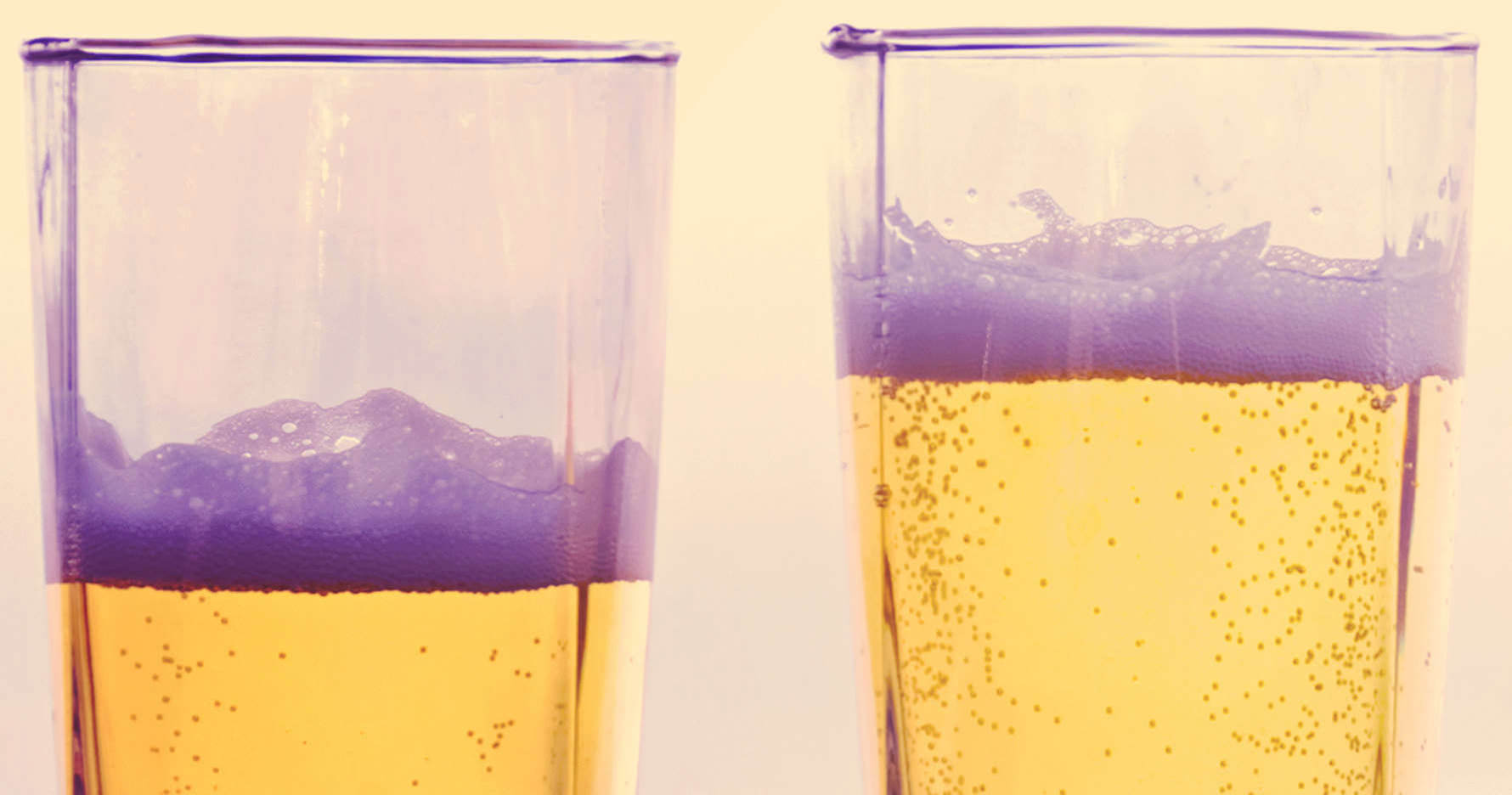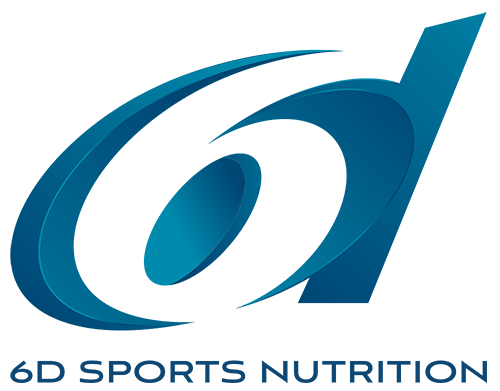Is it OK to drink a beer after exercise?

A cold beer after a football match or a glass of wine after a leg in the Tour de France. This is how both amateurs and athletes regularly reward themselves after intensive exercise. However, for optimum performance and recovery, it is crucial to know the effect of alcohol on exercise.
It is common knowledge that alcohol consumption prior to exercise can have a negative effect on physical performance. A small amount of alcohol impedes response time, balance and hand-eye coordination. Alcohol also negatively impacts your cardiovascular system and regulation of body temperature. This eventually reduces performance, particularly during prolonged exercise.
Drinking alcohol after exercise leads to all sorts of side effects. Consuming several alcoholic drinks slows down the muscular system. Drinking a beer or wine after exercise makes you forget to consume recovery nutrition. This is particularly true of carbohydrates and proteins. Replenishment of the carbohydrate reserves (muscle glycogens) and the delivery of proteins to accelerate muscle recovery are therefore slowed down.
However, different studies refute the dehydration effect often attributed to the consumption of alcohol. In fact, there is no difference between drinking a glass of water or beer when replenishing water loss due to sweating. Low-alcohol beer or even alcohol-free beer is just as suitable for replenishing water loss. Furthermore, drinking an alcoholic drink with friends after exercise helps you relax, which is also the goal of recreational exercise.
Even though drinking a beer after exercising doesn’t seem to be a problem, the other properties of alcohol should not be overlooked. A beer contains between 100 and 120 kilocalories (kcal). If you drink this amount each day, it is a total of 750 additional kcal each week. At the end of the year, it will result in an additional 39,000 kcal. This is the equivalent of an increase of 4.3 kilos in fat. Note that the above only allows for the consumption of a limited amount of alcohol, namely, one or two glasses of a normal Pilsner beer. Higher amounts of alcohol will substantially delay physical recuperation after heavy exercise.
In brief, a glass of beer or wine after exercise does no harm. It can even help athletes (partly) replenish sweat loss and improve relaxation in a pleasant sporty setting with friends. However, to satisfy the guidelines for full physical recovery it is recommended that you do not consume alcohol. It is important to ensure that you consume the right amounts of liquid, carbohydrates and proteins. In addition, you must always keep in mind the short and long-term effects of alcohol, in particular when consuming larger amounts of alcohol.
References:
- Burke LM, Collier GR, Broad EM, Davis PG, Martin DT, Sanigorski AJ, Hargreaves M. Effect of alcohol intake on muscle glycogen storage after prolonged exercise. Journal of Applied Physiology, vol 95(3) p 983-990, 2003.
- Parr EB, Camera DM, Areta JL, Burke LM, Phillips SM, Hawley JA, Coffey VG. Alcohol ingestion impairs maximal post-exercise rates of myofibrillar protein synthesis following a single bout of concurrent training. PLOS One, vol 12;9(2), 2014.
- Maughan RJ. Alcohol and football. Journal of Sport Sciences, vol 24(7) p 741-748, 2006.
- Maughan RJ, Watson P, Cordery PAA, Walsh NP, Oliver SJ, Dolci A, Rodriguez-Sanchez N, Galloway SDR. A randomized trial to assess the potential of different beverages to affect hydration status: development of a beverage hydration index. American Journal of Clinical Nutrition, vol 103 p 717-723, 2016.
- Desbrow B, Cecchin D, Jones A, Grant G, Irwin C, Leveritt M. Manipulations to the Alcohol and Sodium Content of Beer for Postexercise Rehydration. International Journal of Sports Nutrition and Exercise Metabolism, vol 25(3) p 262-70, 2015.



